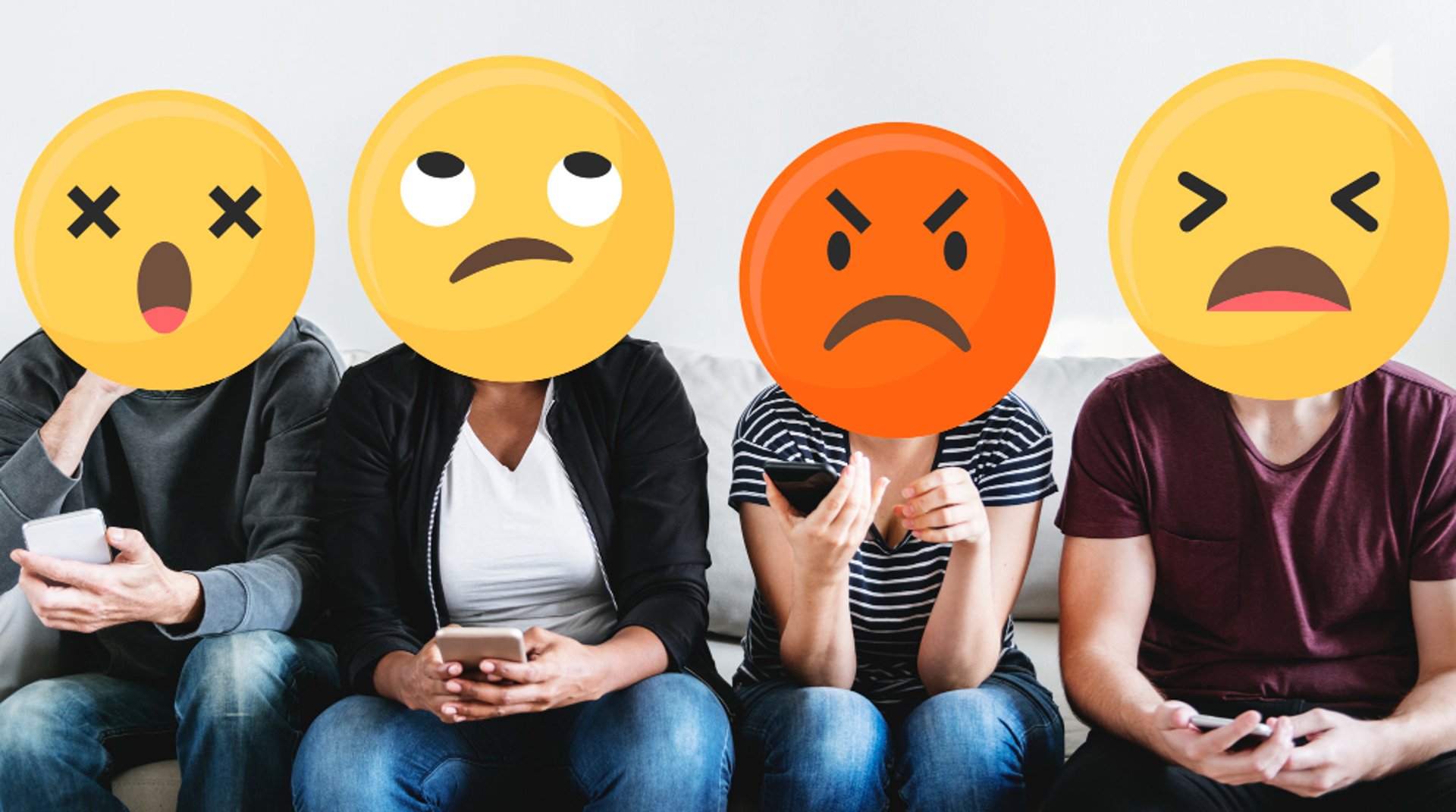
Avoid Negative Questions
ALL-LEVELSCOMMUNICATION QUESTIONSSPEAKING
#3 – Don't you have a ticket?
11/13/2022
Negative Question:
Yu-Jin: *Don't you have a ticket?
Olivia: **No. I don't have a ticket.
Yu-Jin: You mean 'Yes, — I don't have a ticket.'
Olivia: I mean, 'No! I DON'T have a ticket!'
Yu-Jin: So, 'Yes! I don't have a ticket!' is correct.
Olivia: So confusing.
*Even though the question may be accurate, many native English speakers do not typically ask questions in the negative.
**When Americans receive negative questions, they usually respond using a double negative, even though it is not grammatically correct.
....
Positive Question:
Yu-Jin: *Do you have a ticket?
Olivia: **No. I don't have a ticket.
Yu-Jin: Okay, let's go buy a ticket.
OR
Yu-Jin: *Do you have a ticket?
Olivia: Yes. I have a ticket.
Yu-Jin: Okay. Great!
*Most Americans will prefer a positive question.
**Even though Sophia uses a double negative, (and sentences with a double negative are not grammatically correct) Sophia's answer would be a common way to answer.
....
— Instead, Use A Positive Question! —
#2 – Didn't you go to Austin, Texas?
11/11/2022
Negative Question:
Peter: *Didn't you go to Austin, TX?
Steve: No. I didn't go to Austin, TX.
Peter: You mean 'Yes, — I didn't go to Austin, TX?'
Steve: I mean, 'No! I DIDN'T go to Austin, TX!'
Peter: So, 'Yes! I didn't go to Austin, TX!' is correct.
Steve: So confusing.
*Even though the conversation may be accurate, many native English speakers do not typically ask questions in the negative.
....
Positive Question:
Peter: *Did you go to Austin, TX?
Steve: No. I didn't go to Austin, TX.
Peter: Oh, I hope you get to go. Austin, TX, is a great place.
OR
Peter: *Did you go to Austin, TX?
Steve: Yes. I went to Austin, TX.
Peter: Oh, that's fantastic!
....
#1 – Wasn't it difficult to find your way here?
10/31/2022
Negative Question:
Ji-Eun: *Wasn't it difficult to find your way here?
Emma: Yes, it was difficult.
Ji-Eun: You mean 'Yes, — it wasn't difficult?'
Emma: I mean, 'Yes! It was difficult to find my way here.'
Ji-Eun: So, 'No! It was difficult!' is correct.
Emma: So confusing.
*Even though the conversation may be accurate, many native English speakers do not typically ask questions in the negative.
....
Positive Question:
Ji-Eun: *Was it difficult to find your way here?
Emma: Yes. It was difficult.
Ji-Eun: Oh, I'm sorry to hear that.
OR
Ji-Eun: *Was it difficult to find your way here?
Emma: No. It was not difficult.
Ji-Eun: Oh, I'm happy to hear that.
....
